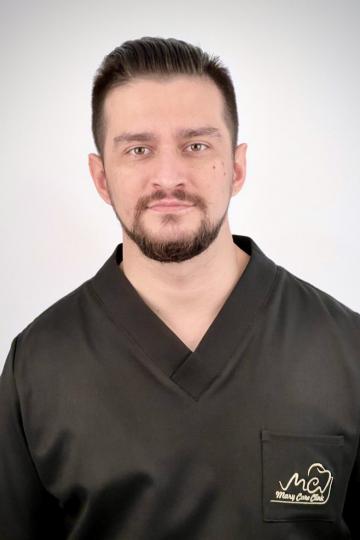Some of the basic rules that should be followed:
After the surgeon has removed your tooth, a gauze tampon is placed in the area of removal for 15-20 minutes, so that the wound in the area of removal does not bleed. But not all patients follow these recommendations. Some patients keep the tampon for 1-2 minutes, and some patients keep it for the whole day. Both are incorrect.
The tampon serves as a barrier to the penetration of infection in the extraction site, if it is removed earlier than after 15-20 minutes, then the clot, which should form in the extraction site, may not be formed and this will cause infection of the site - the so-called alveolitis. If you hold the gauze swab over the hole for a long time, pathogenic microflora is formed, which leads to infection of the hole. It takes 15-20 minutes for the clot to form normally and minimizes the penetration of infection.
Mery Care Clinic recommends not eating or gargling for 2-3 hours after the surgery in order to prevent the clot formed after the extraction of the tooth. It is also not recommended to eat spicy or hot food because it dilates blood vessels in the body and this may lead to bleeding. Also, do not smoke, because tobacco smoke contains chemicals that can irritate the wound in the area of the extracted tooth, they can cause increased bleeding and slow down the healing of the wound.
Specialists at Mery Care Dentistry in Kiev strongly advise against physical activity for 2-3 days after extraction. Many patients ignore and think that this recommendation is not important. Physical activity increases blood pressure, which increases the risk of bleeding.
The wound takes about two or three weeks to heal. However, the healing of the extraction site is somewhat faster at a younger age than at an older age. Single-rooted tooth cavities heal much faster about two weeks than multi-rooted ones, up to a month. If there is inflammation in the single-rooted teeth, there is a delay in healing for several weeks, and in the multirooted teeth for more than two weeks. Delayed epithelialization has a direct correlation with the traumatic operation of tooth extraction. The more severe the extraction, the longer the healing time.
I would like to add that if you have had a tooth extracted, take advantage of the doctor's recommendations, do not neglect, then the regeneration process will proceed more quickly and without complications.





